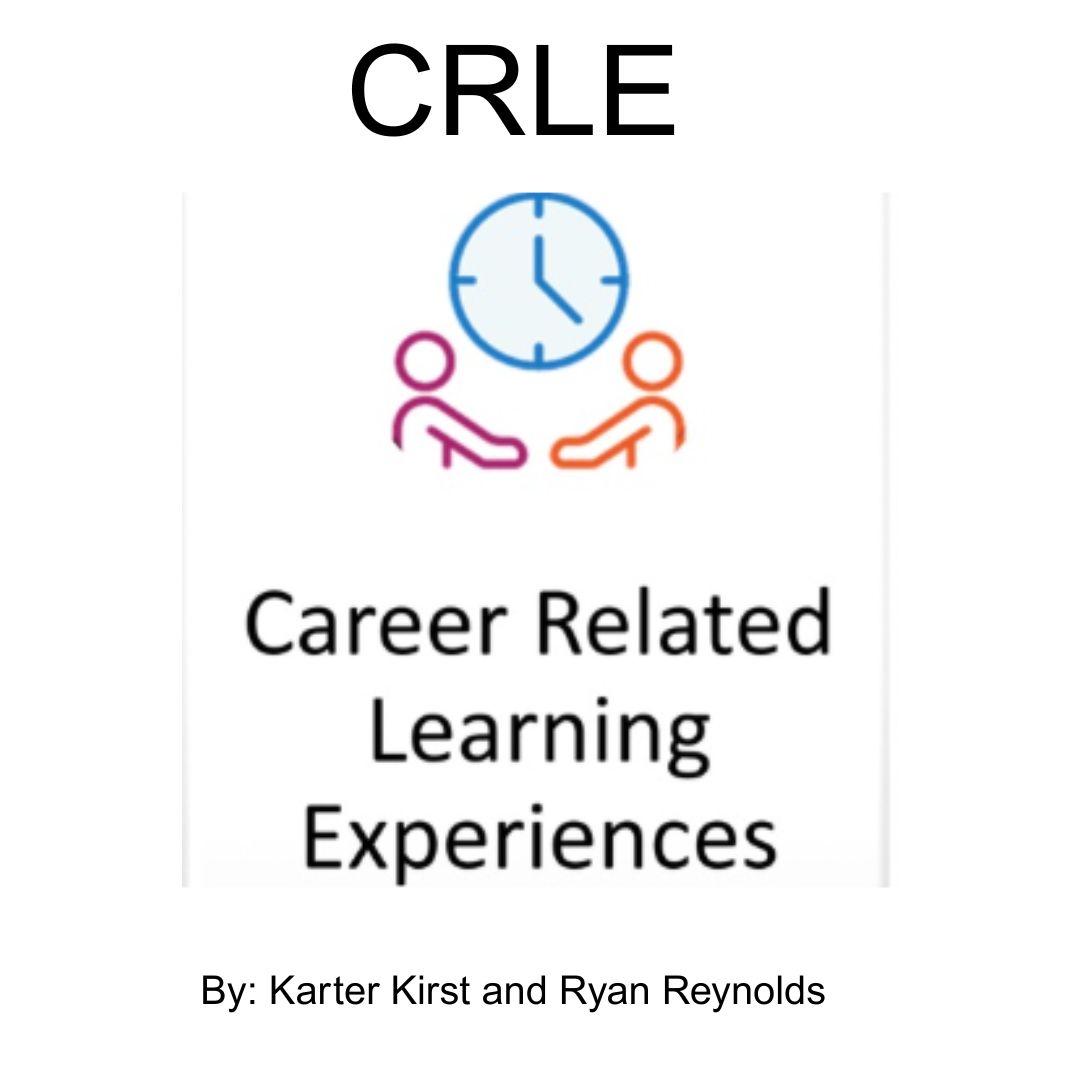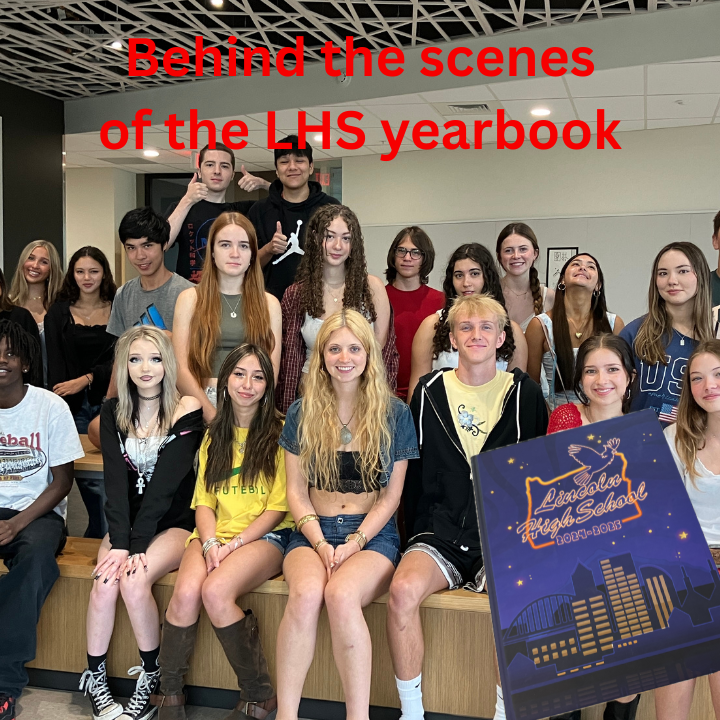Post-graduation plans: Opting to take a gap year
Seniors Cy Cupper (left), Kevin Gochee (top right) and Karine Hariri (bottom right) plan to take a gap year post-graduation to pursue their passions and embark on new adventures.
May 24, 2022
Instead of following the traditional path of attending a university right after high school, some students opt for a gap year. In interviews with the Cardinal Times, most students expressed their choice to take a gap year as a result of travel desires, personal growth, work experience and a need for a break from academics. Seniors Karine Hariri, Jack Sackman, Kevin Gochee and Cy Cupper are all planning to take a gap year.
Many seniors had different reasons for wanting to take a gap year.
“Being in the full IB program and trying really hard in school for a really long time… I just felt a little burnt out,” said Sackman.
Hariri agreed.
“I became disillusioned with school over quarantine and felt like I needed a break from doing school work [which influenced my decision to take a gap year],” she said.
Some students decided to take a gap year in order to prioritize their mental health and pursue passions. However, this decision isn’t always easy.
“There’s also a stigma for gap years… so I’ve kinda been thinking about it for the whole senior year and processing it,” said Gochee.
Though Gochee feels that there is a stigma surrounding gap years, considerable research suggests gap years improve performance when attending college. A 2012 study by former Dean of Admissions at Middlebury College, Bob Clagett, found that “students who took a gap year almost always overperformed academically in college.”
Some parents also see value in taking a gap year.
“My dad and my mom were super encouraging about taking it. My dad took three gap years and he said once he went to college he was super focused… he gained a lot of tools [and] a lot of responsibility living on his own,” said Cupper.
All of the students interviewed expressed that they would be pursuing their passion for traveling during their gap years.
Hariri plans to spend about five months in Lebanon and Germany. In Lebanon she wants to volunteer with refugee and civil organizations.
“There’s a lot of things going on in Lebanon which is where my family is from and so I feel connected…and I want to help with the situation there,” she said.
Other students are also planning to join organizations such as Workaway and Nol’s, which provide resources for those who want to give back to the communities they visit while learning about the culture.
“I’m going to go to Patagonia with a Nol’s adventure group for five months and I’ll live with host families,” said Gochee.
Sackman and Cupper are also considering this option.
“I’m kind of in between South America, southeast Asia and Europe,” said Cupper.
“I’ll be doing the things I’m interested in and that I care about that aren’t related to school and just having more time and traveling, seeing the world… living outside of the context of being a student,” said Sackman.
Adventures in a new environment create opportunities to pursue one’s passions and hobbies. Cupper has a passion for cooking and is considering culinary school and other alternatives.
“If I’m able to stay with a family… hopefully the cook of the house is able to teach me,” he said.
Some gap year students deferred from universities and plan to begin school in the fall of 2023.
After learning languages, volunteering and getting intern experience in Lebanon and Germany, Hariri will attend American University, Washington, D.C. Following his adventures in Patagonia, Gochee intends to work until he attends Colorado College.




